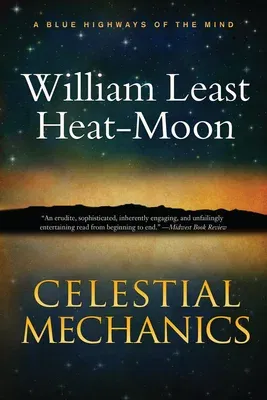Finalist, 2017 Foreword Reviews Indie Book Awards for Adult
Fiction
When Silas Fortunato applies for an editorial position for the
"spirituality" section of a local newspaper, he is asked to fill in a
bubble sheet to mark his religion. The problem is, his beliefs don't
fall within any of the categories. Silas believes that selflessness
enlarges vision and that what a person should strive for is to be
overcome by the beyond. He believes in honoring otherness and in giving
questions credence over certainty. He calls himself a Cosmoterian
because his goal is to make himself worthy of the majesty of Cosmos.
Silas is a man driven by big ideas, but it is the everyday smallness
that perpetually both intrigues and eludes him.
In this emotional tale of haunted love, Silas finds himself locked in a
marriage descending toward darkness until the arrival of his
sister-in-law and soon thereafter the appearance of a witching neighbor
who may or may not be alive. In ways enigmatic, ghostly, and funny, the
three women draw him into the equivocal nature of dreams and reality,
their influences leading Silas on a journey toward what may be light and
a new belonging to something vastly beyond himself.
Just as William Least Heat-Moon's nonfiction employs many fictional
narrative techniques, Celestial Mechanics draws upon nonfictional
devices to build a story that crosses traditional boundaries between the
two. Celestial Mechanics is the clarion call of a generation that
believes rationality and spirituality can--and should--coexist, a
generation defined by globalization, where the only things left unknown
are what is within and beyond us, those cosmic realms revealed by the
telescope and the quantum world suggested by the microscope. This book
is for those of us steeped in a hustle-and-bustle world we can't escape,
who believe that practices like mindfulness and rational deduction and
childlike wonder are the keys to the kind of fulfillment that the
commercial aspects of our lives can never hope to address.

